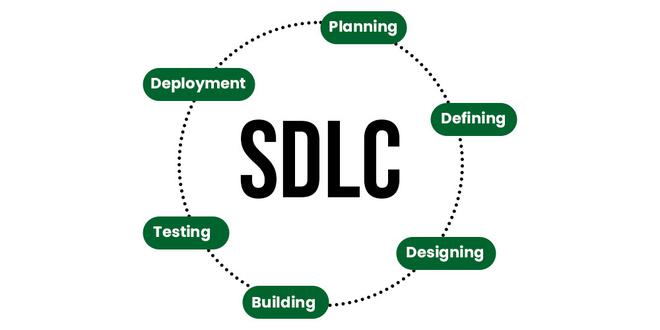compiler design lab
- Teacher: gopal kumar

- Teacher: Deepti Gour
The Laboratory of Physics imparts the physical basics of engineering science by means of meaningful experimental setups that provide valid quantitative measurement results. The focus is on kinematics, dynamics, vibration theory, fluid mechanics, thermodynamics, acoustics and optics.
This laboratory is equipped with instruments like spectrometer, digital Michelson interferometer, fibre optics trainer kit and so on. Laboratory is endowed with equipments to conduct experiments on Newton's ring, Hall Effect, photo effect, Ohm's law, and Frank Hertz experiments.
- Teacher: Archana Bodake
OOP labs are indispensable in the realm of computer science education as they offer students the opportunity to bridge the gap between theory and practice. These labs foster a deep understanding of object-oriented programming principles, such as encapsulation, inheritance, and polymorphism, through hands-on experience. Students learn to design modular, reusable, and maintainable code, preparing them for the demands of a software development career where OOP is a fundamental and widely employed paradigm.
- Teacher: Nikita Menariya
C programming lab is essential for several compelling reasons. Firstly, C is a foundational programming language, serving as a building block for many other languages and systems. It provides a deep understanding of fundamental programming concepts like variables, loops, and conditional statements. Secondly, C programming fosters a strong grasp of memory management, crucial for efficient and error-free coding. Additionally, Therefore, a dedicated C programming lab is indispensable for students and aspiring programmers to develop proficiency in this versatile language, equipping them with the skills needed to excel in a broad range of technological fields.
- Teacher: Nikita Menariya

Software Engineering lab attempts to provide basic concepts to the students on a wide range of topics including Requirements analysis, ER modelling, identification of domain classes, use-case diagrams and designing a test suite. Ample illustrations and simulations are used to reinforce one's understanding. Once the concepts are clear, a set of exercises given on the concerned topics would help the students to evaluate themselves and their progress of learning.
- Teacher: Aaditya Maheshwari
Design and Analysis of Algorithms (DSA) labs are practical sessions that accompany a DSA course. These labs are designed to help students apply the concepts they learn in lectures and textbooks to solve real-world problems and gain hands-on experience in algorithm design, analysis, and implementation
Lab Activities:
- Problem Solving: Students work on algorithmic problems that require them to apply the principles and techniques covered in their DSA course.
- Coding: You'll implement algorithms and data structures in a programming language of your choice. This may include writing code from scratch or modifying existing code.
- Testing and Debugging: Once you've written your code, you'll test it on various inputs to ensure it works correctly. Debugging is an essential part of the process.
- Analysis: Students may be required to analyze the time and space complexity of their algorithms. This helps you understand the efficiency of your solutions.
- Collaboration: Labs often encourage collaboration among students to discuss problems and share solutions.
- Lab File: In some cases, you may need to submit lab files, explaining the algorithms you've used, your code, and the results of your testing and analysis.
- Teacher: Payal Patel